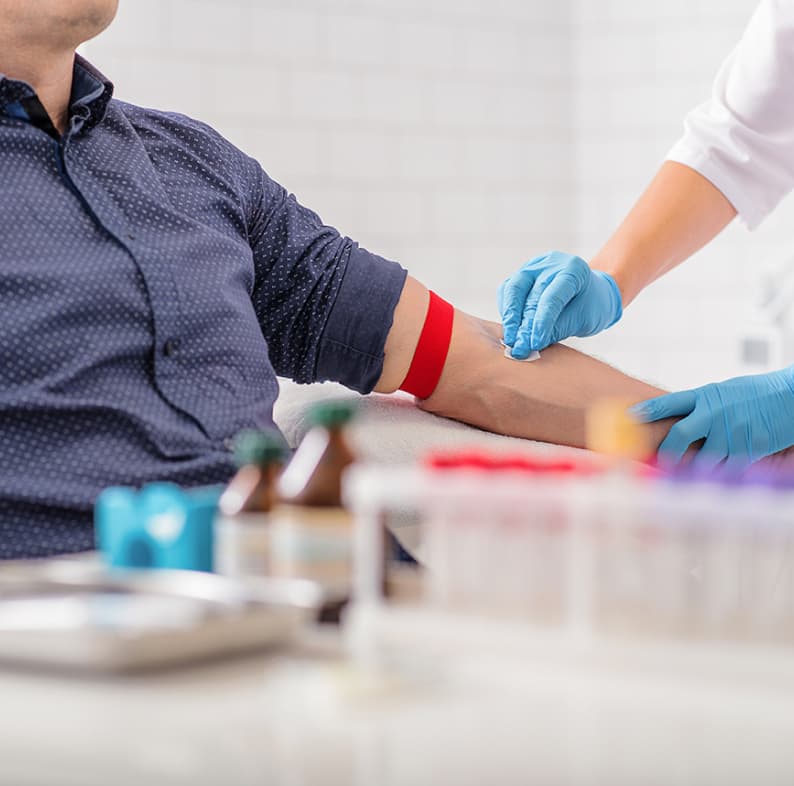What should you keep in mind when it comes to the COVID-19 protocol?
As a matter of fact, there are so many important protocols when it comes to fighting the COVID 19 pandemic.
What role do quarantine and isolation play?
Quarantine and isolation assist to keep the illness from spreading and stop the carrier from spreading it to others. In addition, it limits the virus’s life cycle.
While it was formerly thought that COVID-19 might continue to transmit the virus for up to two weeks, more recent research indicates that the virus may only have a limited life span. If you still are facing any symptoms, it would be okay for you to consider the ‘Bulk at home covid tests.’
When will you be sure that you are affected by the virus?
With COVID-19, there are no known upper limits to the spread of infection. While some people may remain contagious for up to 8 days, a lot depends on the person’s immune system. Immuno-compromised individuals may spread the virus for a longer period of time and have a harder time clearing their systems of the viral burden.
Now, you don’t want to take any risks regarding your life, so we recommend you to take ‘Covid Express Care employee covid testing’ before you decide to go back to work.
Some people may not need a lengthy quarantine time
According to many physicians, a lengthy quarantine may not be appropriate for all patients. COVID-19 pneumonia and severe chest infection affect a tiny proportion of the population, which means that they have a greater viral load in their bodies for longer periods of time and are more likely to spread the illness.
What are the benefits of a shortened quarantine time for patients?
A shorter quarantine time may assist raise awareness of the illness and encourage individuals to follow established standards on a local level. As a result, individuals would be more aware of the laws and less likely to spread disease.
If there is anyone who has been infected with the virus in some manner would also benefit from a shorter quarantine time.


